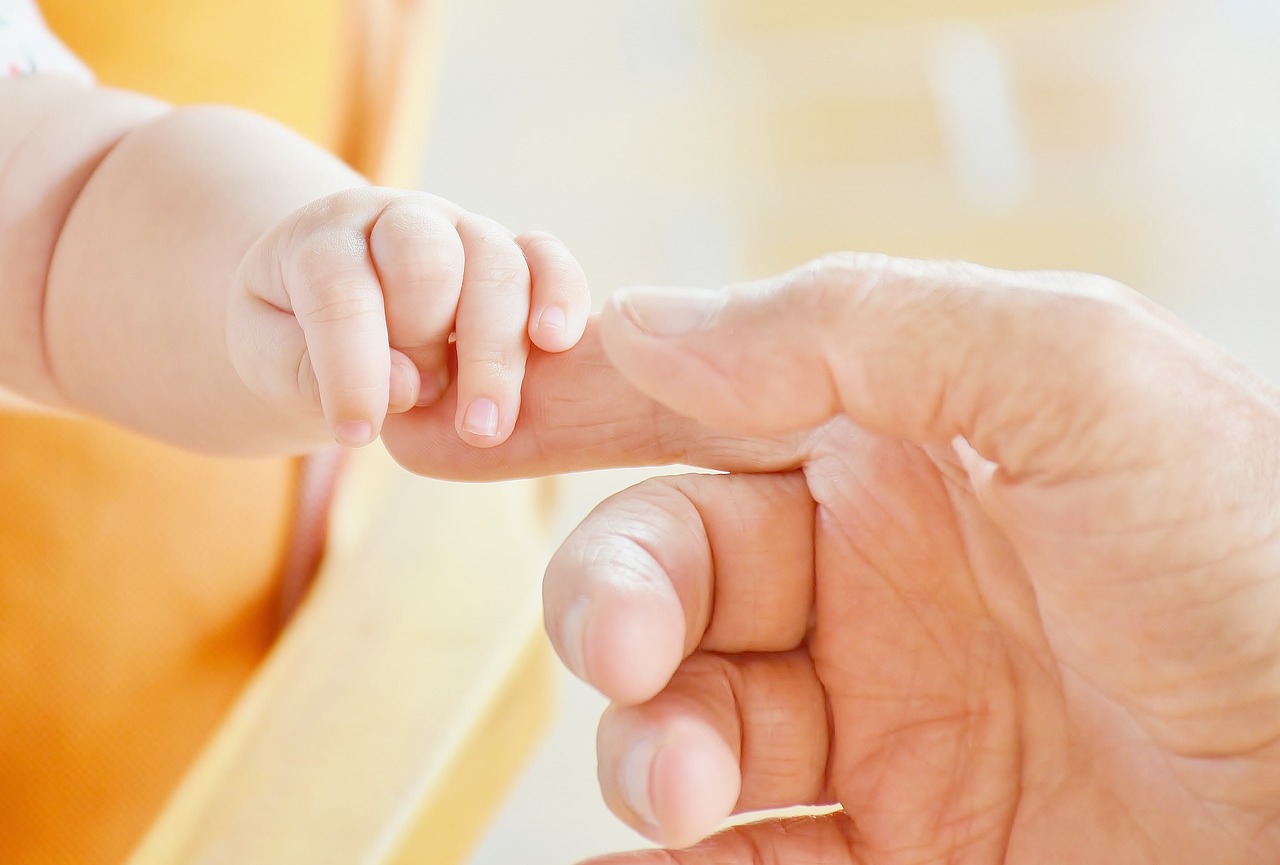Each year, more than 65,000 Australians attempt to take their own life. More than 3,000 die by suicide — about 8 people every day.
While suicide accounts for a small proportion of all deaths in Australia, young people are more likely to take their own life than die in a road accident. Suicide is the leading cause of death for Australians aged between 15 and 44 years.
Suicide can be prevented. Starting a conversation with someone who is struggling is a crucial first step toward preventing a suicide.
The chair of Beyond Blue and former Prime Minister, Julia Gillard, says, “Talking about suicide is never easy”. But you don’t have to be a health professional to support someone at risk.
“You just need to be a person who is prepared to have the conversation. As a nation, we need to work together to reduce the number of suicides in our community,” says Ms Gillard.
If you or someone you know is at immediate risk of harm, call triple zero (000). You can call Lifeline on 13 11 14 for crisis support or if you are thinking about suicide.
To mark R U OK? Day, here are answers to some frequently asked questions about suicide — and advice on how to talk to someone who’s at risk.
How will I know if someone is suicidal?
People sometimes assume that suicide happens without warning. While it can happen that way, usually a person shows warning signs. They may try to convey their distress to someone, or they may change their behaviour, such as major changes to their sleeping patterns, withdrawing from life, emotional outbursts or misusing alcohol or drugs.
Learn more about the warning signs of suicide.
What can I do to help?
Everyone can help when it comes to suicide prevention. If you notice a person showing signs of suicidal thoughts, or if you think someone you know or care about is not behaving as they would normally, start a conversation. Try following R U OK?’s steps:
- Ask, “Are you OK?” Be relaxed, friendly and concerned, and make an observation, such as, “You seem less chatty than usual. How are you going?”.
- Listen with an open mind. Take what they say seriously and don’t interrupt them. If the person needs time to think, sit patiently with the silence. Encourage them to explain further, for example, “Have you been feeling this way for a while?”. Show you’ve listened by repeating what you’ve heard in your own words.
- Encourage action. Ask questions such as, “What have you done in the past to manage this?” and “How can I help you right now?” If the person has been feeling distressed or depressed for more than 2 weeks, encourage them to see a health professional.
- Check in. Pop a reminder in your calendar to call the person a few days later. You could say, “I’ve been thinking of you and want to know how you’ve been doing since we last chatted.” Ask if they’ve found a way to manage the situation. Reinforce the benefits of seeking professional help. Stay in touch — show genuine care and concern.
What if the person doesn’t want to talk?
If the person doesn’t want to talk or says they’re ‘fine’, don’t criticise them or be confrontational. Tell the person you’re still concerned about changes in their behaviour and that you care about them.
Offer to help if they need to talk another time, or ask if there is someone else they would rather confide in.
To find a service that may help the person, or you as a caregiver, check out this list.
Will I be putting the idea of suicide in their head?
No. There’s no evidence that asking a person if they’re having suicidal thoughts is harmful.
By chatting openly and honestly, you’re helping the person take their first steps towards getting the help they need.
For information and support
- Get support by downloading Beyond Blue’s Beyond Now app.
- Find a mental health coach.
- Read about how to talk to a doctor about mental health.
You can contact any of these organisations 24 hours a day, 7 days a week:
- For crisis support and suicide prevention services, call Lifeline on 13 11 14.
- Suicide Call Back Service provides free, professional counselling on 1300 659 467.
- Chat with a trained mental-health professional at Beyond Blue on 1300 22 46 36.
- MensLine Australia offers counselling to men on 1300 78 99 78.
- For confidential counselling for children and young people aged 5 to 25, call Kids Helpline on 1800 551 800.




